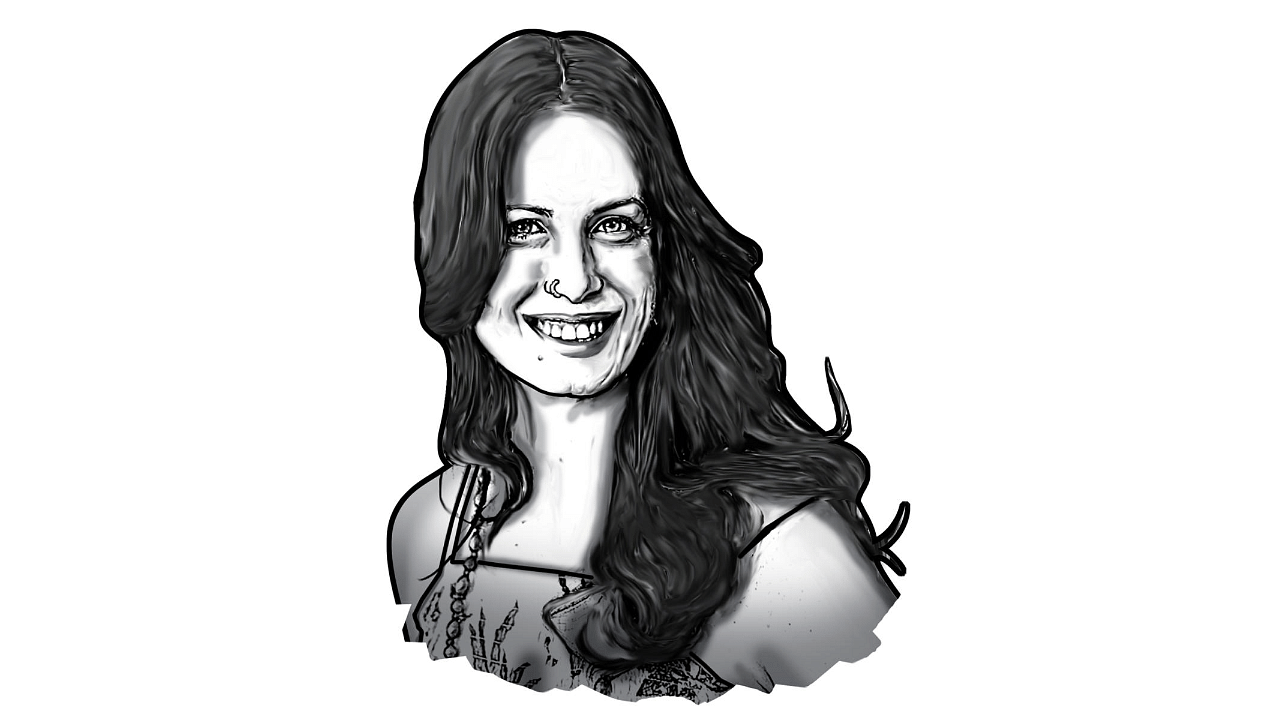
There’s a Chinese proverb that claims “people who have nothing to lose are very rich.” How true is it though? A friend of mine recently posed the question: can a fruit vendor who earns 500-700 rupees a day in India be more successful and happier than any of the wealthiest people on the planet? Success is what you feel, not what society gives you as a tag, he suggested.
The responses were diverse and thought-provoking. They extended across the spectrum, from agreement to the labelling of poverty as a sin. “Who’d want to live the life of a fruit vendor?” “At least, a middle-class person has basic amenities, a vendor may not even be able to afford medicines.” “Constant romanticising of poverty is the cruelest hobby that rich people indulge in.” “Poor aren’t content with their lot in life and that’s a good thing, they have the imagination to want better.”
What was apparent from the responses is that society does indeed project its perceptions of success onto others. Yet, it’s relative. While a middle-class person may view someone of modest means as poor, and their life undesirable, a rich person may think the same about the middle-class. Does it mean a middle-class person can’t feel happy and successful, though? Likewise, why can’t a person of modest means feel the same?
My part-time home help lives in a chawl but appears to be content. She’s cheerful, chatty, gives me advice about life, and tells me to “stop taking tension over things”. What’s more, she scoffs at the city’s sedentary apartment-dwellers and their “weaknesses”. As someone who rarely gets sick, it’s shocking to her that middle-class families are incurring, and struggling to pay, 10 lakh-rupee private hospital bills for Covid treatment. Her challenges are different. As is her concept of success.
Researchers have investigated how wealth affects happiness. Not surprisingly, debt is often linked to depression and other health problems. However, the results found that the more money someone has, the more they’re likely to also suffer from these conditions. In particular, once income crosses a certain threshold, life satisfaction and well-being actually decrease. Why is this? More money fuels more wants, social connectedness is valued less, longer work hours are required to remain competitive, and the responsibilities of entrepreneurship add stress.
Mumbai’s infamous Dharavi slum highlights many of these points. Tourists tend to shy away from visiting the slum due to their preconceived notions of poverty. They think it would be demeaning to the residents. But what if the people there aren’t ashamed of how they live, nor miserable? What if, instead, they’re dignified, proud of their achievements despite their hardships, and pleased that others are taking an interest in their lives? My guide, a Dharavi local, insisted that everyone should see how the slum functions.
As he escorted me around, he introduced me to children joyfully playing cricket, groups of housewives chatting and laughing between tasks, and men diligently at work in thriving small-scale industries. There were schools and places of worship. A young girl aged about six or seven ran up to me. “I want to explore the world with you,” she announced in fluent English and giggled.
It was obvious to me that the residents of Dharavi were busy making the most of what they had, instead of dwelling on what they didn’t have. The standard of living may be lower but I envied the strong sense of community and bonding in the slum. No one need be lonely or isolated there. Putting aside money and material wealth, that does make them richer.
My guide’s parting words left a meaningful impression. “My dream is to own an Audi,” he said. “I don’t rely on that to make me happy, though. My boss told me I’ll only want something else after a while.”
Watch the latest DH Videos here: